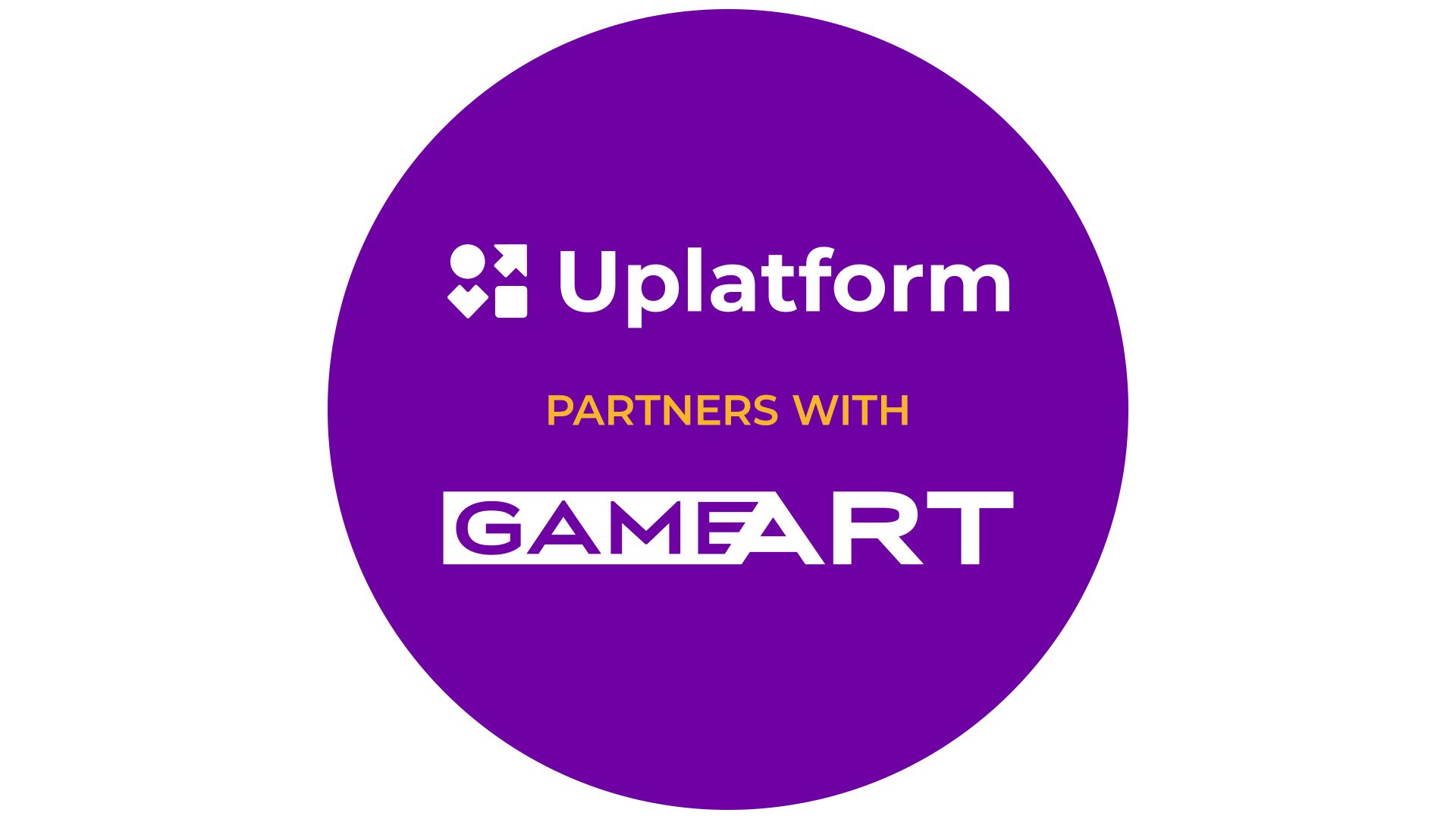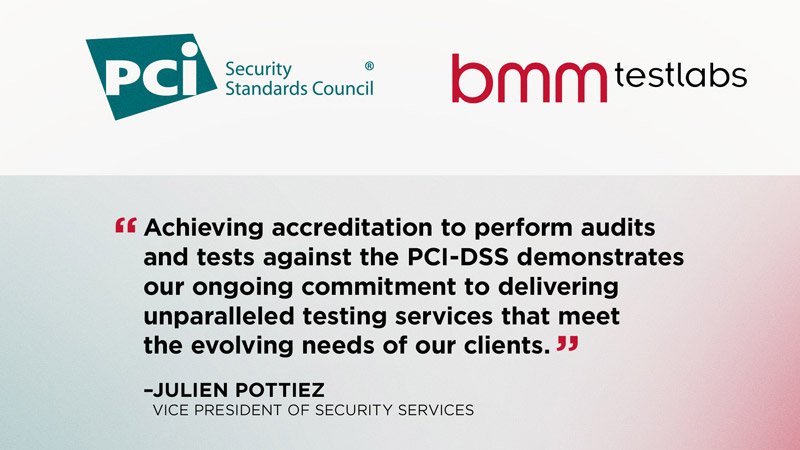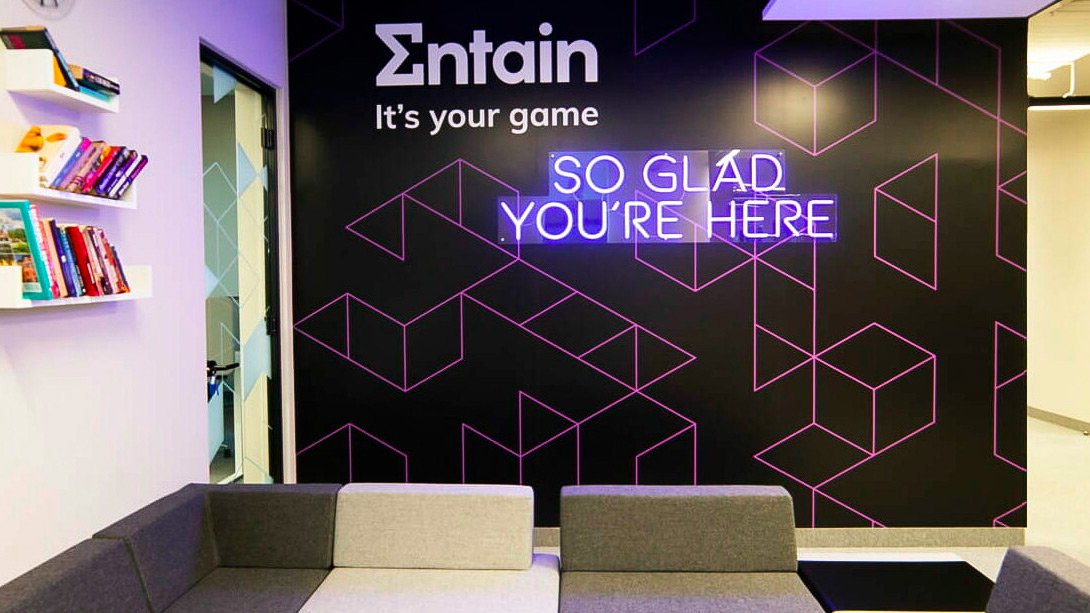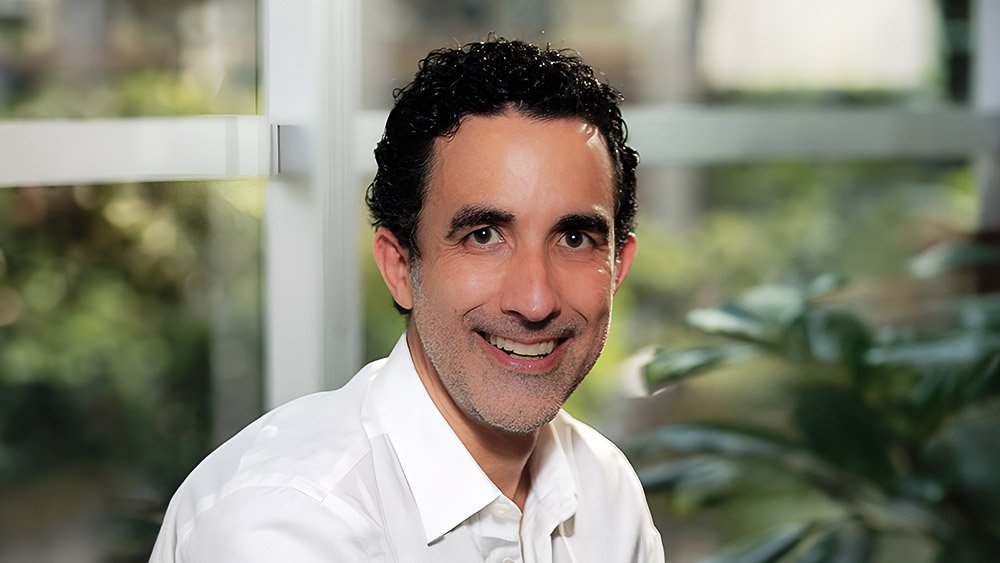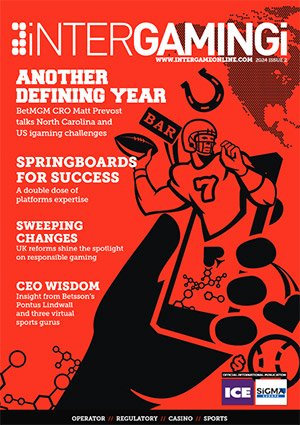Malta iGaming salary survey shows flattening trend for the industry as a whole

Boston Link are recruitment experts specialising in iGaming, blockchain, financial services, among other sectors. The Boston Link iGaming Salary Survey is released annually to provide transparent insight into the industry whilst picking out key trends that the firm observes as an independent third party. It has direct access to both job seekers and iGaming companies on all levels, from startups to highly established firms with substantial market share.
The 2020 edition, focused on Malta, notes that stricter regulations in European markets have resulted in 2019 being a year of diversification within the iGaming industry, with increasing regulations making it more expensive for operators to attract and retain players within the previously profitable markets.
The firm observed 11% year on year salary increases in 2019, which seem to be flattening for the industry as a whole. Asked by Yogonet, Tom Smelt, Head of iGaming Recruitment at Boston Link, says this is due to various factors. He says as the industry is maturing, though demand for top talent continues, there is a bigger talent pool to choose from. Also, he identifies a consolidation, with more mergers and acquisitions activity leading to an overspill in employees and an increase in the supply of talent on the market.
Furthermore, he explains that higher regulatory costs and restrictions on marketing make it harder to attract players, and tighter restrictions make it less attractive for players. “Decrease in revenues and profit margins mean companies are more aware of their bottom line. It is more important for companies to keep a closer eye on the numbers. However the caveat is that there is an increase in demand for more specialist roles and a greater need for lawyers, regulatory compliance and finance,” Smelt adds.
In the mid to long term, he predicts the industry will mature further and as companies become more discerning with their recruitment, there will be greater demand for a higher quality of candidate.
The report’s findings also show an increase in some of the lower banded roles, which may be due to increases in the cost of living in Malta. This cost is also discouraging relocations within iGaming, though there is less need to relocate talent than in previous due to the local talent and the consolidation in the industry. Firms' relocation strategies and packages have not significantly changed year on year. Boston Link found companies restructuring to create a more lean and agile workforce, or even being forced into making redundancies as they withdraw from markets or adjust their business models.
The survey also found demand for specialist tech talent remains high and as in last year's report, and tech salaries have shown the largest rises of all job types in the industry. There were salary increases in Compliance, Finance, Tech & Analytics; and strong demand for Developers, Information Security and Data Analytics experts.
“An increase in regulatory demand, tighter restrictions and bigger fines mean businesses need strong Compliance and Regulatory talent,” Smelt explains. “As the market matures and margins decrease, investors and business owners require more scrutiny on their reporting. Salaries have gone up due to an increase in demand for these positions.”
One of the key trends the firm observed over the past year is the consolidation of operators in the industry. “Clearly one of the main goals of this consolidation is to help companies to achieve human capital efficiencies and cost savings. As a result, on the operator side, we have observed the most noticeable slow down of wage inflation. As operators are entering new markets, we are seeing a growing demand for talent geared towards Latin America and Asia,” the report says.
Moreover, Boston Link observed last year the need for operators to find the best quality leadership talent for the mid to senior positions, and it has seen this trend continue. “As operators have grown they have brought their talent acquisition inhouse, often recruiting ex-agency recruiters to manage that area,” according to Smelt. “Recently, we have seen a reversal of the trend whereby in-house recruiters have been moving back to agency. Since the demand for more specialist and a higher quality candidate has increased, there has been more of a need for operators to reach out to specialist recruitment agencies. In our experience, operators need the service of experience professionals with the depth of their knowledge to headhunt passive talent. Our results show that it’s turning out well and that operators are being able to recruit the talent they need using specialists like ourselves.”
With the emergence of more suppliers into the market, the survey shows a steady increase in salaries predominantly in the mid to senior roles. Firms are competing for talent who have experience in the sector, particularly when it comes to Sales and Account Management. Total remuneration within supplier firms is highly variable, and in many cases increases in pay come from higher bonuses linked to individual good performance.
Smelt notes that Boston Link has been able to place not only in Malta but also across the world. As talent is becoming increasingly mobile across jurisdictions, this homogenises the salary and stabilises the industry. He says Malta’s cost of living is increasing and is no longer considered a low cost jurisdiction. “We see salaries broadly similar across jurisdictions due to the increase in demand for quality. Emerging markets such as US will buck this trend as we will see much higher salaries over here. They are at early stages where regulations are looser, competition is less, player acquisition is cheaper and revenues will be much higher. We shall be seeing an increase in demand for talent with Gaming experience in jurisdictions such as the Americas where we see mid to long term opportunities for Boston Link,” he tells Yogonet.
The Malta Gaming Authority (MGA) found in a recent survey that educational institutions could play a stronger role in the gaming workforce. Smelt agrees with this stance. “Malta has a strong university base and generates well-qualified tech, finance and legal professionals. It’s great to see the government supporting this shift on Gaming too. This encourages and supports professionalism and a solid career for those in Gaming. Boston Link fully supports a strong educational system within Gaming which certifies and qualifies people who work in this industry,” he concludes.




